They already set an example of how to make a marriage last (spoiler: it takes a lot of hard work). But actors Kristen Bell and Dax Shepard are also strong advocates for mental health awareness.
Bell has lived with anxiety and depression since she was in college, and Shepard celebrated 17 years of sobriety in September 2021. Their refreshing honesty about these experiences has helped break down stigmas related to these topics, proving that their value as a celebrity couple goes way beyond what they bring in at the box office.
Here are just a few things the couple wants you to know about mental health.
Don’t Keep Things Hidden
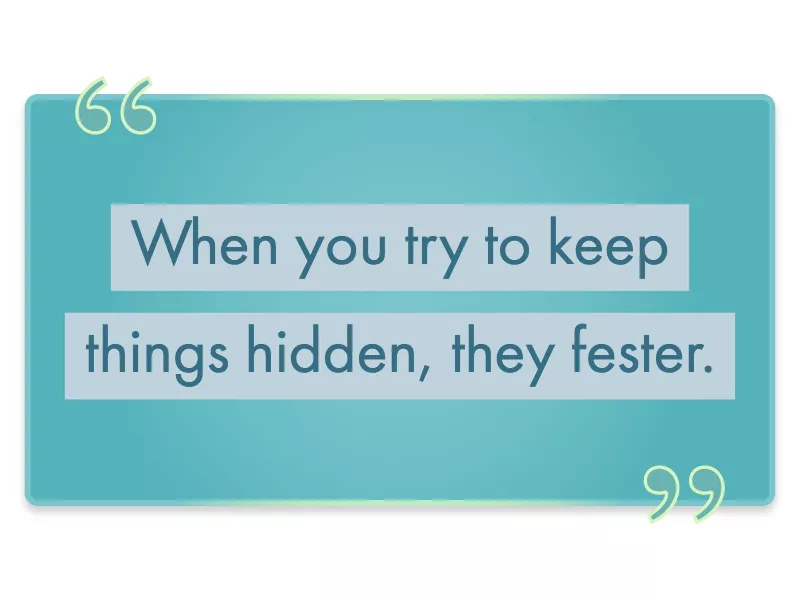
Writing for TIME magazine’s digital site Motto in 2016, shortly after she first spoke publicly about her history of mental illness, Bell explained why talking about mental health is an important part of the recovery process, and how doing so helped her reach a point where she doesn’t believe anything should be taboo.
“When you try to keep things hidden, they fester and ultimately end up revealing themselves in a far more destructive way than if you approach them with honesty,” she wrote.
Depression and Sadness Are Not the Same Thing
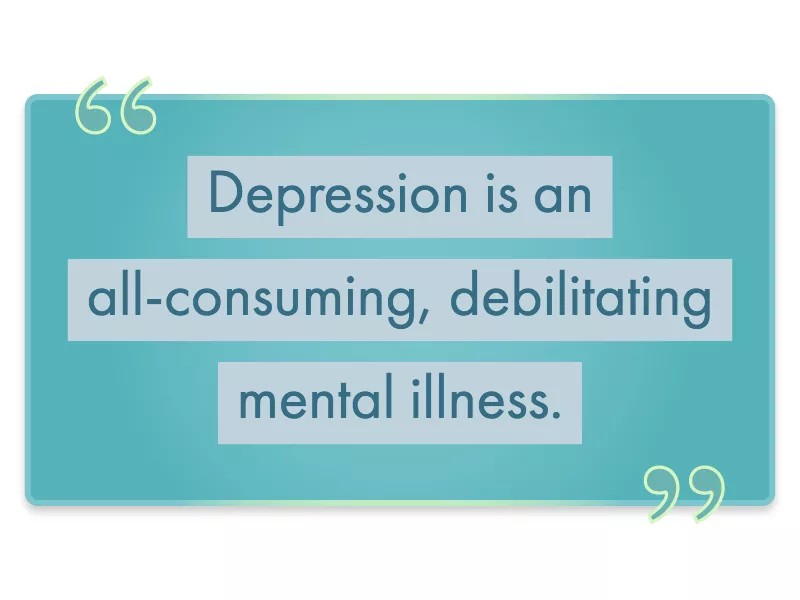
The words “depressed” and “sad” are often used interchangeably in society. But while pervasive sadness may be one of the defining symptoms of depression, it’s crucial to distinguish between the two common psychological states. While sadness is a normal, healthy human emotion, depression is an all-consuming, debilitating mental illness.
“Depression is not sadness. It’s not having a bad day and needing a hug. It gave me a complete and utter sense of isolation and loneliness,” Bell wrote.
She added that after seeking help, she was able to see that her feelings of worthlessness, of feeling like a failure, couldn’t have been more wrong.
We All Have Something to Offer
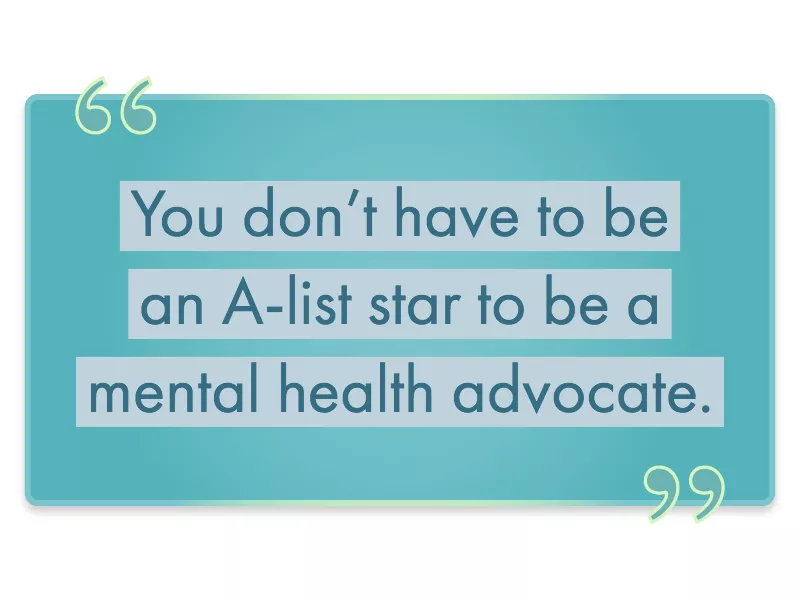
In her Motto essay, Bell revealed how she reached the point — after 15 years of keeping her mental health struggles out of the public arena — of realizing how her experience put her in a valuable position to help others. “It’s important for me to be candid about this so people in a similar situation can realize that they are not worthless and that they do have something to offer. We all do,” she wrote.
Of course, you don’t have to be an A-list star to be a mental health advocate. You can make a difference just by talking to friends and family and letting them know you’re there if they need an understanding ear.
Mental Illness Doesn’t Discriminate
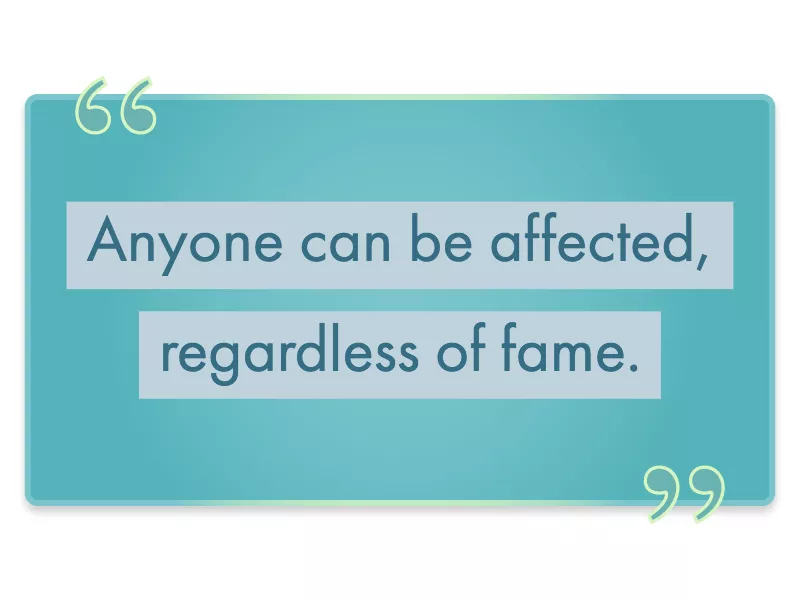
Bell highlights the fact that almost 20 percent of American adults deal with some type of mental illness in their lifetime, which is exactly why we should all be talking about mental health. And it doesn’t discriminate: Anyone can be affected, regardless of fame, wealth or any other markers of success.
“Anxiety and depression are impervious to accolades or achievements,” wrote Bell.
Mental Health Is Just as Important as Physical Health
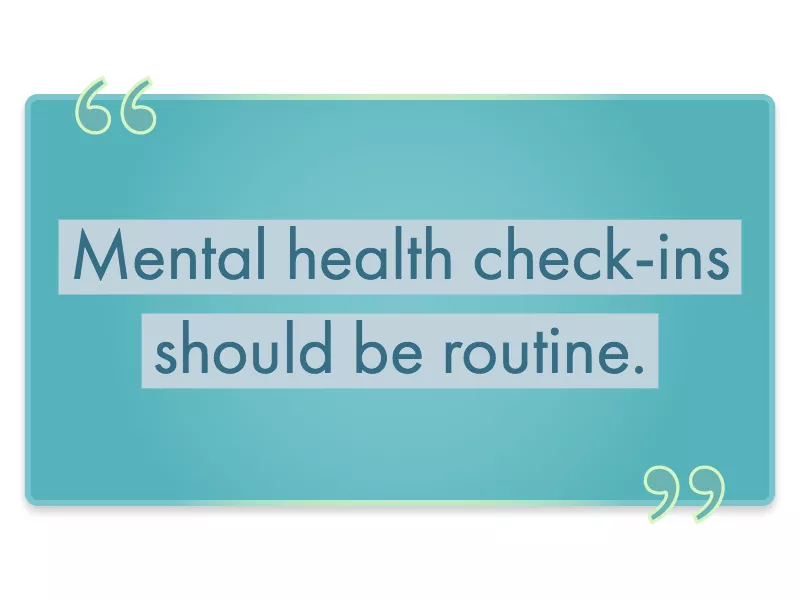
If you have an infection, an unexplained ache or pain, or a lingering virus, you’d get checked out by a doctor without thinking twice about it. When it comes to mental health issues, many people still find it hard to ask for help. But everyone has mental health in the same way they have physical health, and Bell wants them to be treated in the same way.
“Mental health check-ins should be as routine as going to the doctor or the dentist,” she wrote.
Help Is Out There
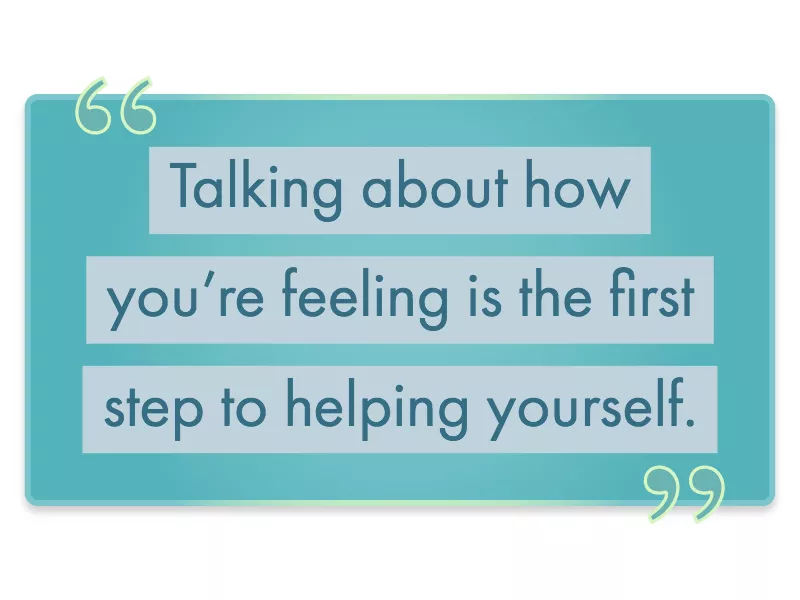
Many types of medication and therapy are available to help manage mental illness — something Bell’s mother made her aware of at a young age. When she was 18, her mom sat her down and told her she had options if she ever felt like a dark cloud was following her: “You can talk to me, talk to a therapist, talk to doctor.”
It’s advice Bell has relied on over the years, and now she passes it onto others.
“Talking about how you’re feeling is the first step to helping yourself,” she wrote. “Depression is a problem that actually has so many solutions. Let’s work together to find those solutions for each other and cast some light on a dark situation.”
There’s No Shame in Taking Meds
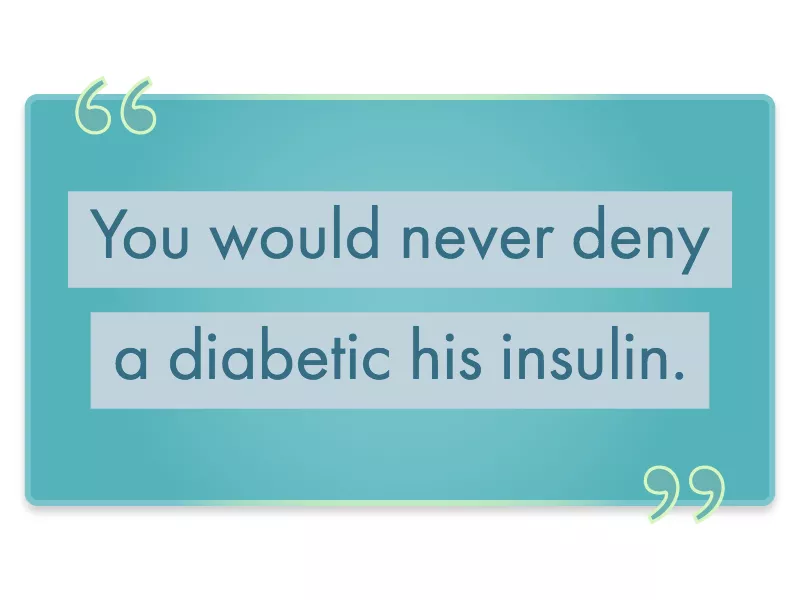
Medication is only one tool in the mental health toolbox, but it’s one that works extremely well for many people, including Bell herself, who revealed in a 2016 interview for Off Camera that she started taking depression meds at a young age (and continues to do so).
On the shame attached to taking drugs for mental health, Bell said, “You would never deny a diabetic his insulin, ever, but for some reason when someone needs a serotonin inhibitor, they’re immediately crazy or something. It’s a very interesting double standard that I don’t often have the ability to talk about but certainly have no shame about.”
Nobody Has a Perfect Life
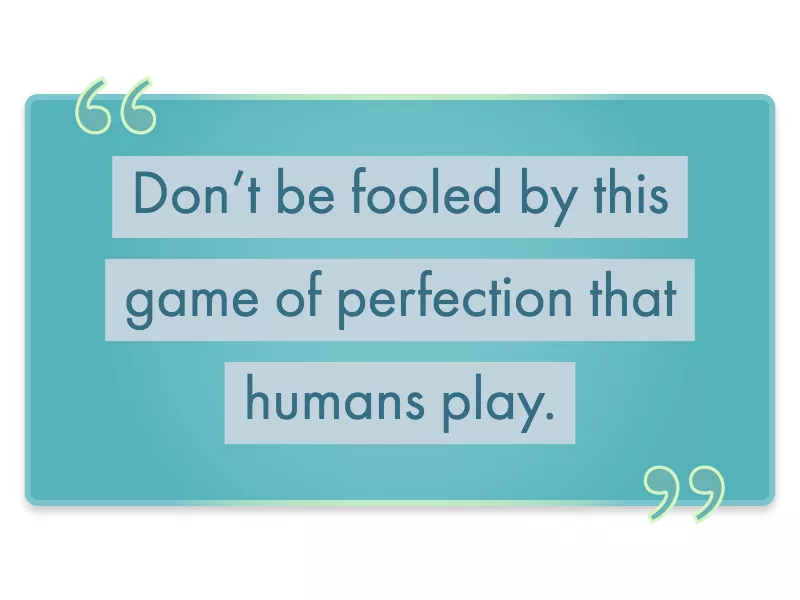
If you have depression, it can be difficult to see other people living seemingly perfect lives. But the reality is never perfection.
“What I would say to my younger self is don’t be fooled by this game of perfection that humans play,” Bell said in a video as part of the Child Mind Institute’s #MyYoungerSelf campaign. “Because Instagram and magazines and TV shows strive for a certain aesthetic, everything looks so beautiful and people seem like they don’t have problems, but everyone’s human.”
Self-Care Starts on the Inside
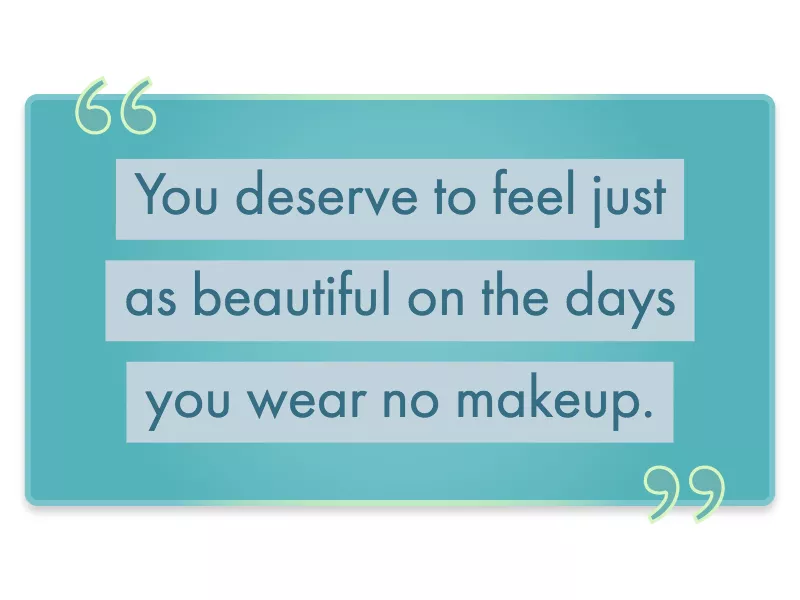
Bell believes that to improve mental health, we need to take the focus away from what we look like on the outside and concentrate on how we feel on the inside.
“You deserve to feel just as beautiful on the days you wear no makeup and the days you don’t shower and the days you feel like you’re depressed,” she said in the Child Mind Institute video. “You have an obligation to take care of yourself from the inside out because that’s how you can truly feel beautiful.”
Talk About It
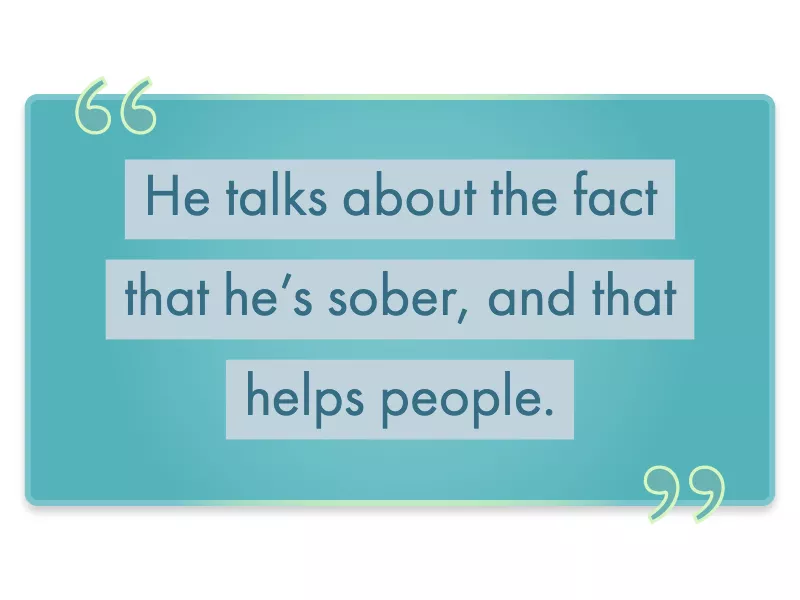
During an interview on TODAY, Bell revealed the valuable advice Shepard gave her on what she should discuss on an upcoming talk show appearance. It was simple: Talk about what you’re going through.
“I’m grateful to my husband for saying, ‘No, you should just talk about it.’ Like he talks about the fact that he’s sober, and that helps people,” Bell said.“And I now have not stopped talking about it, mainly because I want people to hear that it’s not a big deal and that you can be happy and healthy.”
Everybody Struggles
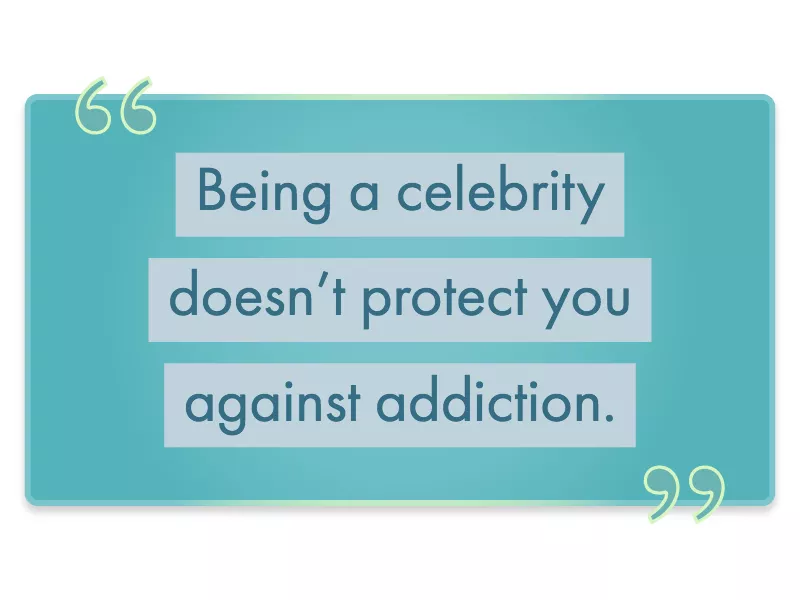
Shepard agrees with his wife that success doesn’t make you immune from mental health issues. Being a celebrity might boost your bank balance and your social media followers, but it doesn’t protect you against addiction, anxiety or depression.
“It’s impossible to know until you’ve had success that it doesn’t alter your daily struggles,” Shepard said in a Playboy interview. “In fact, I have to do the same shit I’ve always had to do to not feel miserable, which is workout, journal, eat well and do something for somebody other than myself at some point every day.”
Staying Sober Is a Lifelong Commitment
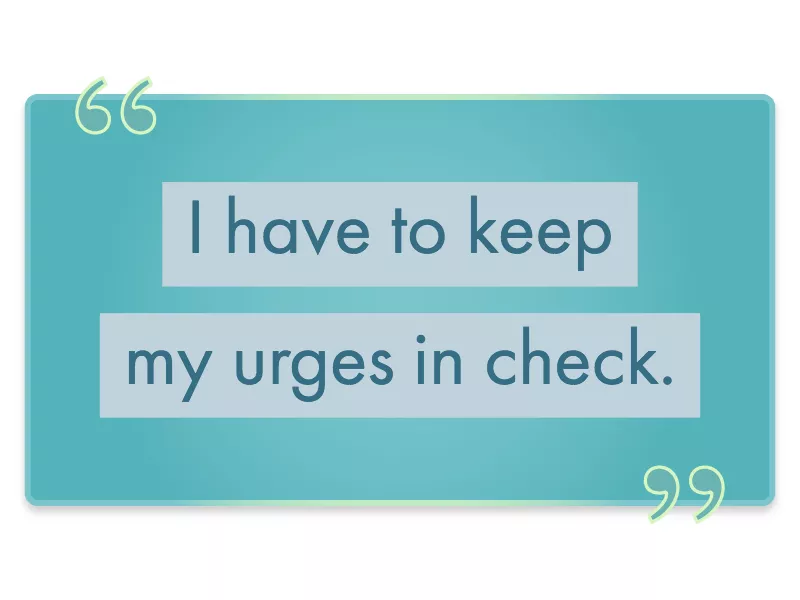
Even after 14 years of sobriety, Shepard still has to put in the hard work — in all aspects of his life. Basically, this means avoiding all forms of temptation.
“I have to put women in the same category I put drugs and alcohol,” Shepard told Playboy. “It’s an outside thing that I try to use to make my insides feel better, and I have learned that it just doesn’t work. I have to keep my urges in check.”
Marriage Can Benefit From Therapy, Too
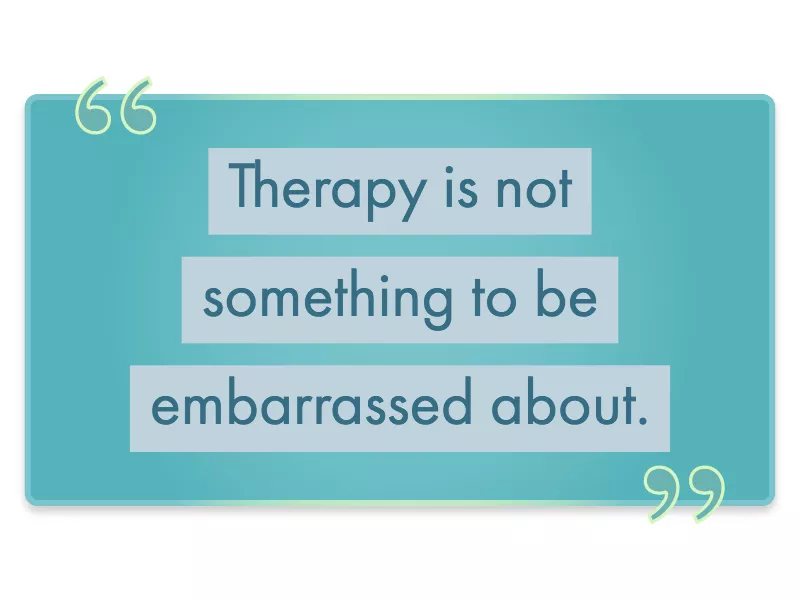
Both Bell and Shepard are advocates of therapy — and not just for mental health issues. They’ve both spoken openly about their commitment to couples counseling to help them work through any relationship issues.
“Therapy is not something to be embarrassed about,” Bell said in an interview with Good Housekeeping. “There may be something that really hurt your feelings that you’re scared to bring up. Go talk about it with a therapist who can mediate. You’ll walk out of the room feeling like you’re [on the same] team.”
A Good Parent Sometimes Puts Themselves First
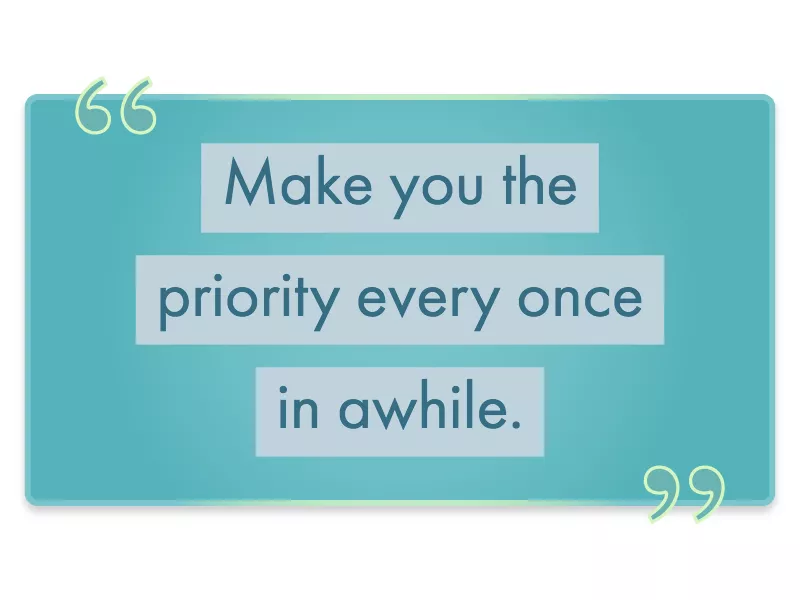
Mental health affects every aspect of our lives, including parenting. And if we don’t make our own mental health a priority, it can affect our kids.
“As mothers, our time is not our own,” Bell said in an interview with SheKnows. “We are juggling work and family and often put ourselves last. But in reality, you can only be your best self and the best mom possible if you take care of yourself. I would encourage moms to make time for themselves. Make you the priority every once in a while. There is a reason why they tell you on planes to put your own mask on first!”
Positive Thinking Goes a Long Way
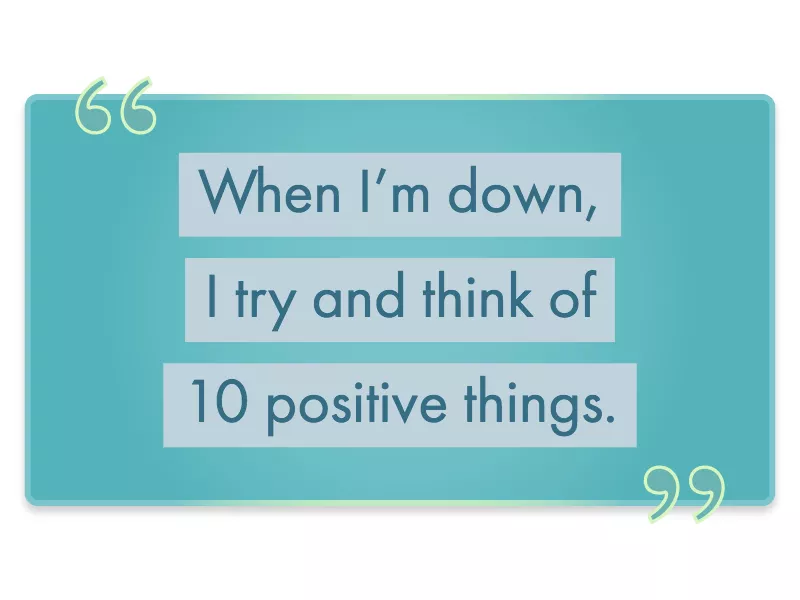
In an Instagram Q&A on mental health, Bell revealed how positive thinking helps her when she’s having a bad mental health day.
“Negative memories stick in [your] brain more than positive ones,” she wrote. “When I’m down, I try and think of 10 positive things. I make my kids do it, too. When they complain, I say, ‘OK! Now name 10 things [you] love!’”
Depression Isn’t a Sign of Weakness
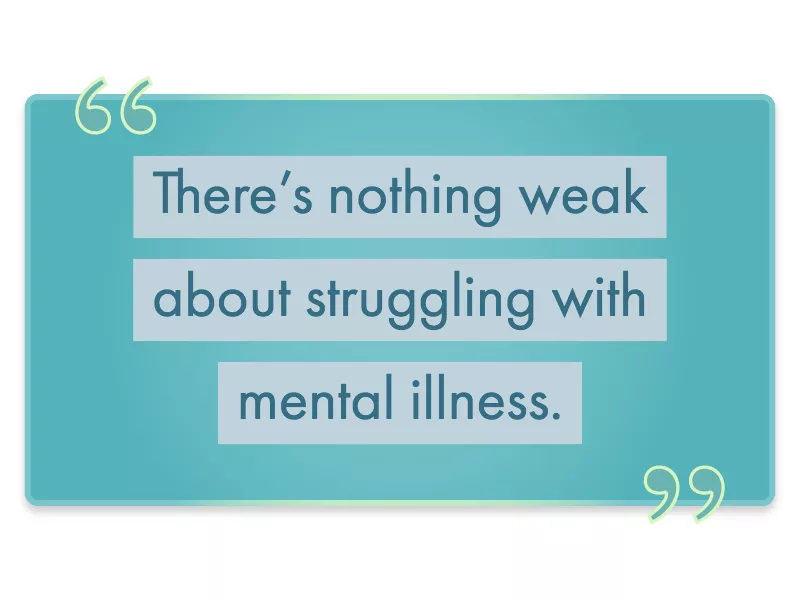
The stigma attached to mental illness leads to accusations of weakness, but Bell knows this couldn’t be further from the truth.
“It’s a knee-jerk reaction to judge people when they’re vulnerable,” she wrote. “But there’s nothing weak about struggling with mental illness. You’re just having a harder time living in your brain than other people.”
We Can Learn So Much From Each Other
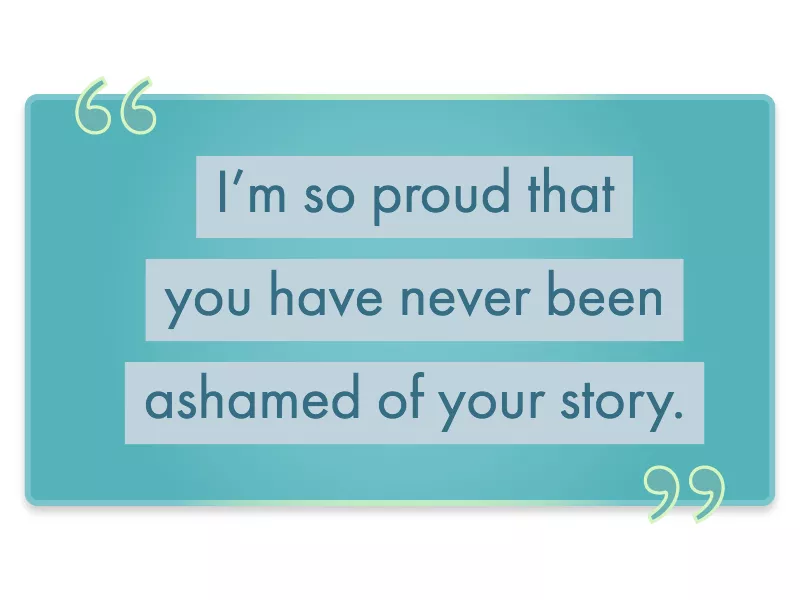
It’s clear that Bell and Shepard have learned a lot from each other’s experiences and how they’ve used those experiences to become positive role models for so many.
“I’m so proud that you have never been ashamed of your story, but instead shared it widely, with the hope it might inspire someone else to become the best version of themselves. You have certainly inspired me to do so,” Bell wrote on Instagram to celebrate Shepard’s 14 years of sobriety.
We See You
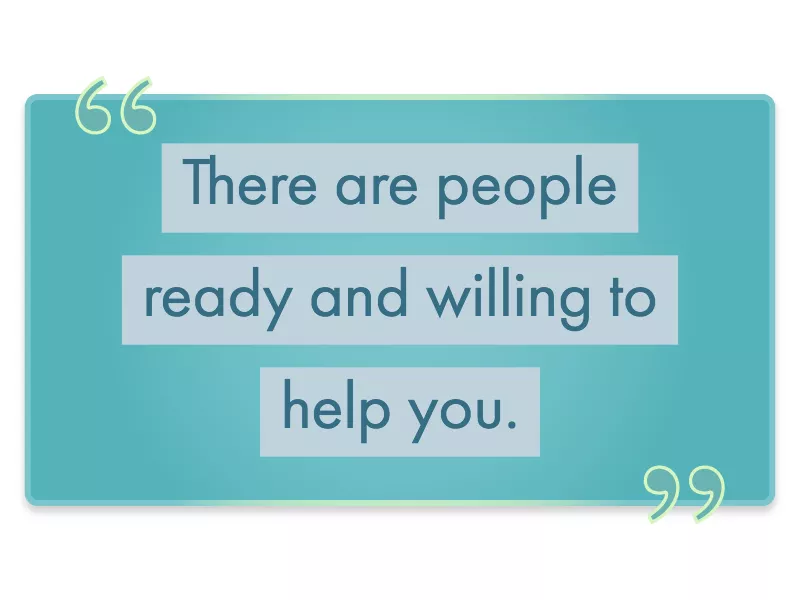
Bell often shares messages of support on her Instagram page for anyone struggling with mental health issues.
“WE SEE YOU. We know you’re out there. You are not alone. There are people ready and willing to help you. You don’t deserve to feel like this. We are here for you. We will show up for you. We will help you fix it,” she wrote in June 2018.